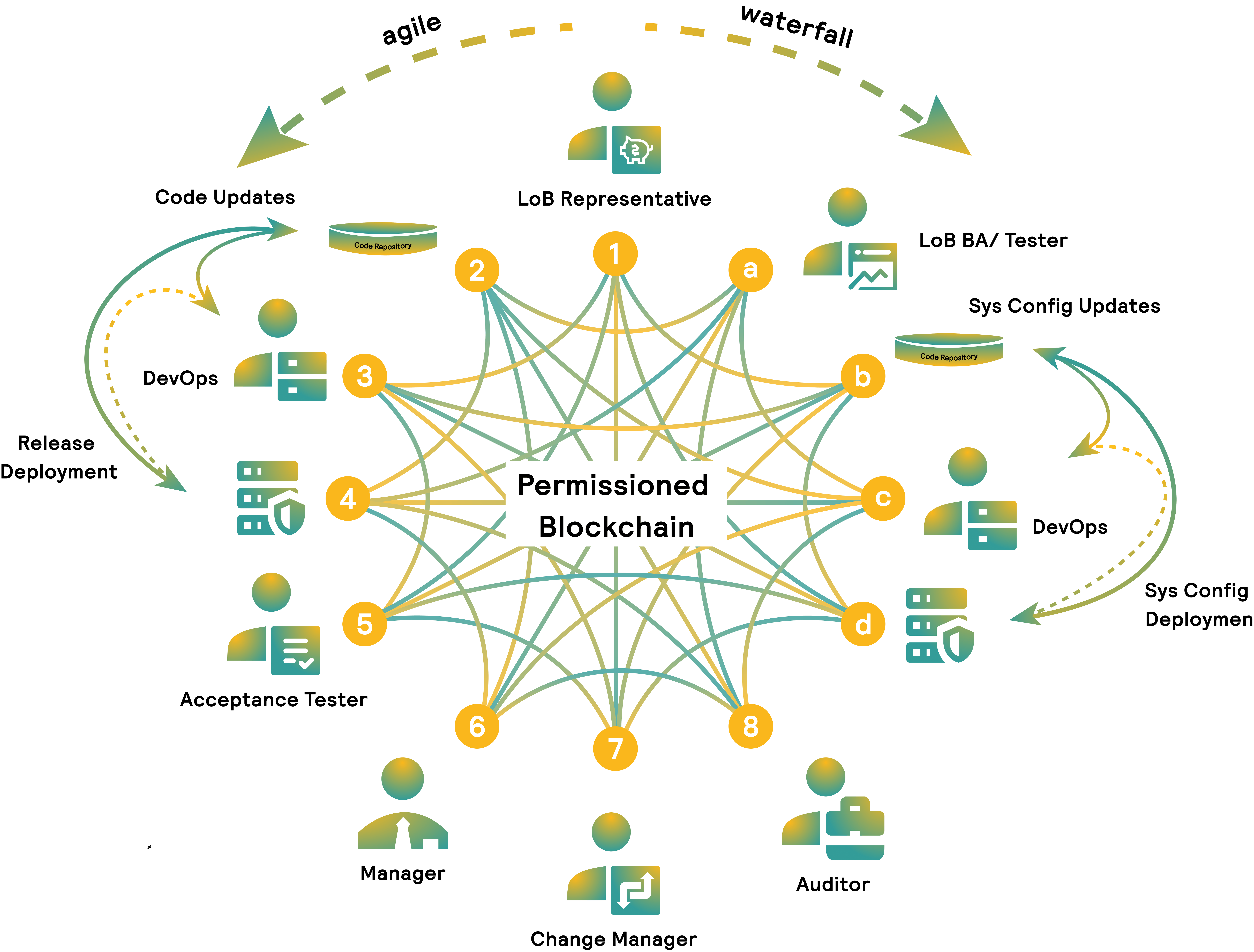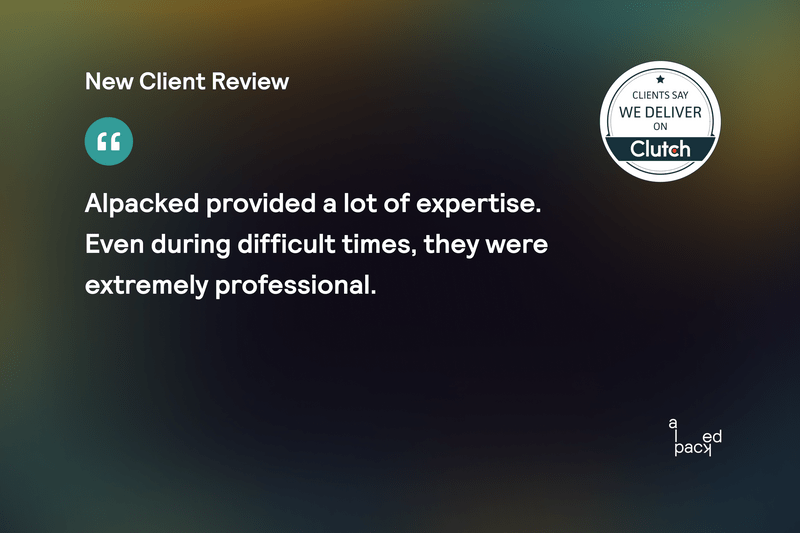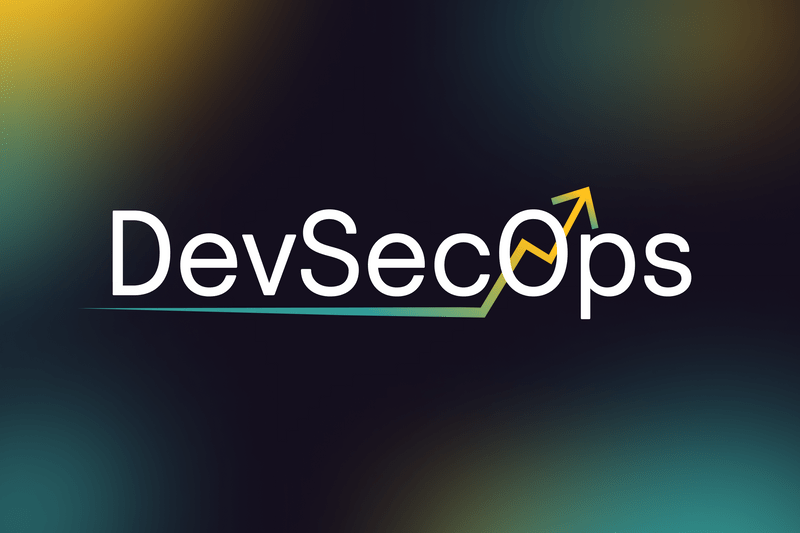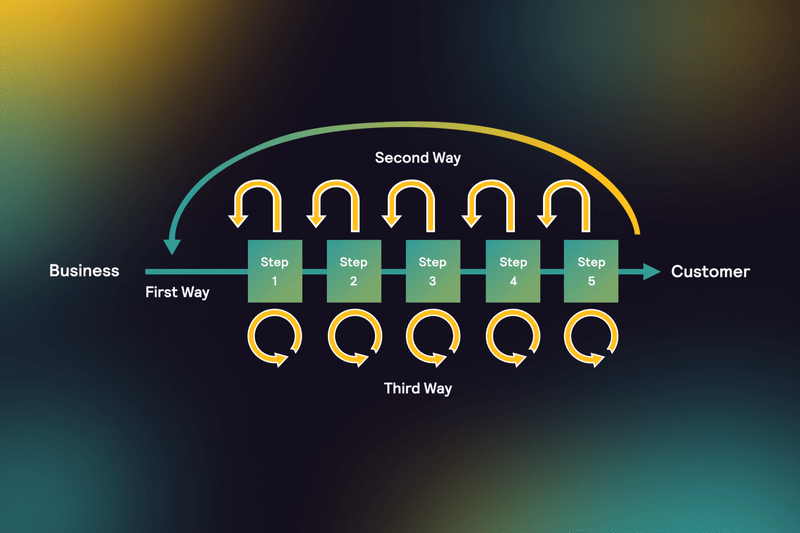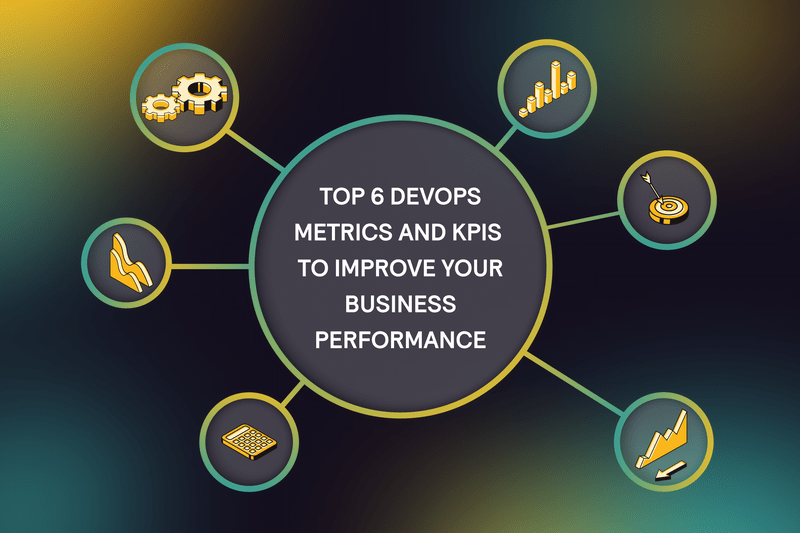Combining Blockchain and DevOps smart contracts presents specific challenges and considerations. Here’s how you can deal with some of the most common ones.
Populating blockchain environment with test data
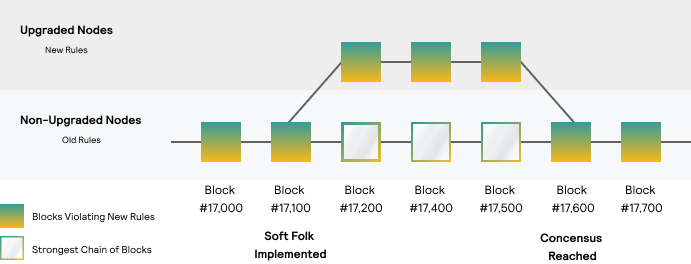
Blockchain technology groups transactions into unalterable blocks in chronological order. This complicates the traditional DevOps pipeline because populating a network with test data and scripts requires coordination and sequencing.
A popular solution is to use “forks” — snapshots of existing blockchains. Forking refers to the instant when a blockchain splits into branches due to changes in the algorithm or other software. A hard fork happens when a radical change makes previously valid transactions unacceptable, whereas a soft fork means a change that keeps the protocol backward-compatible.
Teams also use blockchain and DevOps tools to streamline test and production environments. One such tool is Ganache CLI — a command-line Ethereum-based utility for testing and deploying contracts and applications on the blockchain.
Organizational culture management
Implementing blockchain and DevOps, like any transformation, relies on your ability to manage your company’s culture. According to Gartner’s 2019 research, by the end of 2022, about 75% of DevOps initiatives will have failed due to poorly implemented organizational learning and change.
Transparency is a core ingredient of successful change management. According to Gartner's 2019 Changing Change Management report, leading organizations start transforming from the bottom up. You should communicate organizational changes to every affected party: engineers, operations teams, and managers. As a result, your employees will understand the goals of the change and likely won’t be as resistant to radical transformations.
Applying DevOps metrics
Even though blockchain makes DevOps metrics more visible, many teams still need to figure out what to measure. Half of the respondents to Atlassian’s DevOps Trends Survey didn’t have a clear way to measure their pipeline performance.
Some metrics we use to gauge performance include standard DORA metrics (deployment frequency, lead time for changes, change failure rate, and mean time to recovery). Meanwhile, software engineering reliability has been proposed as a key performance indicator in Accelerate’s 2022 State of DevOps Report.
You can refer to our article about DevOps metrics to learn what metrics can help you evaluate and effectively improve your cost-efficiency, code quality, and security.
Multifaceted testing
Implementing DevOps for blockchain smart contracts demands much more rigorous risk management than traditional software development does. What’s more, your projects will require extra contract and node testing in addition to standard functional, integration, performance, and security checks.
All this is complicated because you can’t modify smart contracts after release. Every vulnerability you leave will inevitably become an exploit for hackers.
Apply DevOps and DevSecOps security automation tools from the initial phases of development. All blockchain members should test applications on the local, private network, and consortium levels to ensure they comply with security standards. In addition, it’s necessary to write as many tests as possible to check the code for preconditions. Don’t neglect third-party audits, as they can expand your testing scenarios and identify hidden issues.
For easier testing, design smart contracts similar to microservices. This includes dividing a solution into core entities with discrete contracts for each and deploying them independently. For example, you can put payment functions in a separate module with dedicated contract algorithms that behave independently of the rest of the smart contract layer.
Performance penalties
Enforcing DevOps practices with blockchain adds performance penalties.
A 2020 paper on DevOps Contracts shows that operational execution time can increase threefold, depending on the number of contracts, constraints, and contract terms. Plus, nearly 56% of responders of Accelerate’s 2022 DevOps report agree that extra security checks slow down the development process.
To increase your throughput, you can limit logging to essential activities and contract enforcement transactions. Some companies use private and consortium-distributed blockchains that reduce processing time with simplified consensus protocols and fewer trusted nodes.
Heavy resource requirements
A blockchain infrastructure demands significant computing resources, third-party software, network expenses, and the cost of energy and licenses. As your network acquires more nodes, the associated costs grow.
However, you can make use of the open-source nature of blockchain technology to reduce some costs. Engineers have full code to create their own smart contracts, consensus mechanisms, and the application's front end.
You don’t even need to build a network from the group up. Instead, you can focus on developing a frontend and contract layer for your applications. Then, integrate your solution into an existing blockchain network without investing in expensive hardware and consensus mechanisms.
Insufficient DevOps and blockchain talent
According to Accelerate’s 2022 DevOps report, less than 11% of teams actually excel at DevOps. And the 2021 Electric Capital report shows that 80% of blockchain developers joined the industry in the last few years. So you can imagine how rare it is to find teams experienced in blockchain technology with DevOps (Kubernetes and CI/CD tools, among others).
Professional developers use open-source tools like Truffle Suite that provide a development framework, testing framework, and a configurable pipeline for blockchain projects. You can also ease your transition with platforms like Microsoft Azure or Zeeve, which provide scalable infrastructure, a test environment, and CI/CD pipeline releases for multiple teams.
Alternatively, you can hire a company to help you merge the best practices of continuous improvement with a blockchain ledger and smart contracts.

